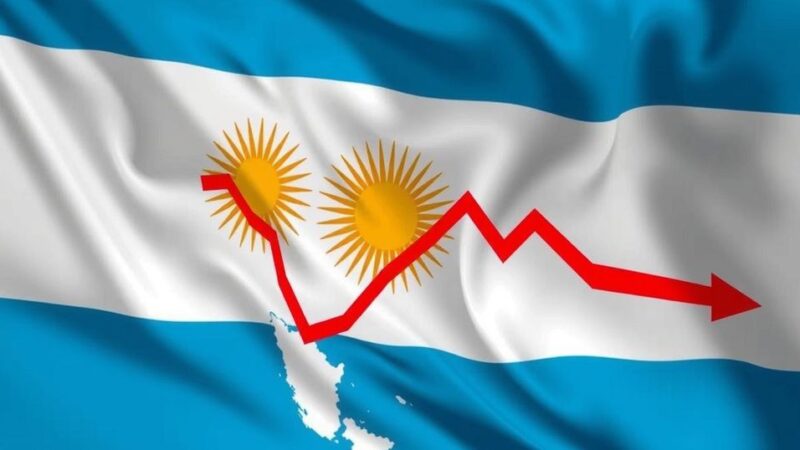New laws in Brazil’s Amazon states are diluting protections against deforestation by reducing tax incentives for companies complying with the soy moratorium. This moratorium is critical for preventing soy cultivation on recently deforested land, thereby aiding in the fight against climate change. Environmental groups are calling on companies to maintain their commitments despite the potential financial strains posed by the new regulations.
Recent legislative changes in Brazil’s Amazon states are raising concerns among environmental advocates due to their potential to weaken protections against deforestation. Specifically, new laws enacted in Mato Grosso and Rondonia are reducing tax incentives for companies that honor the Amazon soy moratorium, which prohibits purchasing soybeans from areas deforested after 2008. This moratorium has been instrumental in decreasing rates of deforestation in the Amazon rainforest, a critical ecosystem for global carbon storage.
Environmental organizations such as Greenpeace and the World Wildlife Fund (WWF) are urging agricultural companies to uphold the moratorium despite the possible financial repercussions they may face due to these new regulations. The modifications to the law could encourage further agribusiness expansion within forested regions, thereby jeopardizing the ecological integrity of the Amazon.
The implications of these legal alterations are severe, as they threaten to accelerate the pace of deforestation in the Amazon Basin. This could exacerbate the ongoing climate crisis and lead to a decline in biodiversity, given that the Amazon rainforest plays an essential role in regulating weather patterns and storing carbon.
Prominent voices in the environmental sector have expressed grave concerns regarding these developments, framing it as a punishment for companies committed to responsible environmental practices. This has led to a call for maintaining strong agreements to mitigate the detrimental impacts of agricultural expansion on vital forest ecosystems.
The Amazon rainforest is one of the most crucial ecosystems on the planet, serving as a vital carbon sink and supporting vast biodiversity. The Amazon soy moratorium, established to curb deforestation, has been effective in reducing environmental degradation caused by agricultural expansion. However, recent legal changes in Brazil threaten to weaken these protections by making it financially less viable for companies to comply with the moratorium, thus raising alarms over the future of the rainforest and its contribution to combating climate change.
The recent laws passed in Brazil’s Amazon states signal a troubling trend that compromises longstanding protections against deforestation. By diminishing tax incentives for companies adhering to the soy moratorium, the potential for increased deforestation looms large. This may severely impact the ecological balance, climate stability, and biodiversity of the region, emphasizing the need for a robust response from both the agricultural sector and environmental advocates across the globe.
Original Source: www.dailyclimate.org







